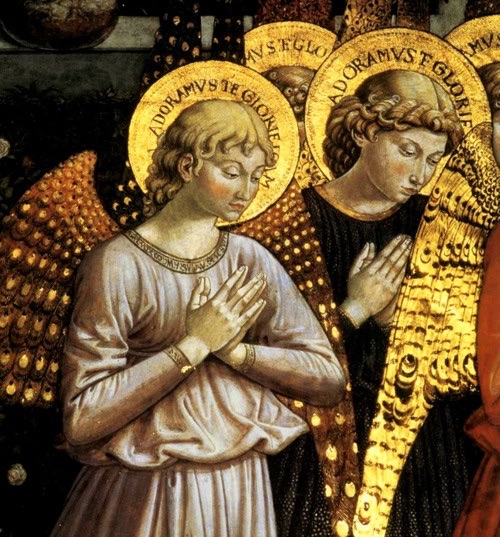PROVIDENCE–God’s Timing is Perfect
In the last couple of weeks I have been stunned by God’s timing. It just fascinates me how God fulfills His plan for us with the perfect ordering of events. The traditional word for this is God’s providence. Providence is God’s planning and ordering of all things that happen. Not only does God plan everything, but He orders everything to “fall out in time” just as He decides. However, it is one thing to know about God’s providence, and it is another thing to experience it.
Aquinas fine tunes the definition of providence this way:
(Summa I, Q. 22, A. 1) “Reply to Objection 2. Two things pertain to the care of providence–namely, the “reason of order,” which is called providence and disposition; and the execution of order, which is termed government. Of these, the first is eternal, and the second is temporal.”
So, the planning of events is formally what is called “providence” and the execution of those events is termed “government.” God cares enough to plan how things should work out and, also, the proper timing and sequencing of things.
Two incredible examples of God’s government in our lives just recently happened. Due to my moral failure, I resigned with a six-month severance agreement. Needless to say, we were not prepared to deal with an impending loss of income. So, I have been very busy working to get my retirement income in place. This necessitates a significant reduction of our family expenses.
The big item, of course, is the sale of our large home. We purchased a smaller, second home for our daughter to rent with her husband and children. However, because of their unfortunate circumstances, my daughter and the girls have moved to an apartment. This meant we have been carrying two mortgages. So, we have been renovating this smaller house in hopes of relocating there. But, the big house wasn’t selling. Because it wasn’t selling we decided to get the smaller home on the rental market ASAP. Otherwise we faced a desperate financial situation. Our efforts went into overdrive.
While my wife and I were at the rental working, I got a seemingly random call from the Social Security Administration. Previously, I had spent hours on “hold” hoping to speak to a live person at Social Security. Needless to say, I was shocked by getting this call. The nice lady on the other end told me my application had been received and was in process. However, she wanted to inform me that I was eligible for retroactive pay. I was stunned. The bottom line is she offered me nearly a year’s worth of Social Security in a lump sum. Ginya and I did a “praise-the-Lord happy dance” in the front yard.
Not long after this, a friend contacted Ginya to tell her that she had been fervently praying for us and sensed God telling her that our house would sell “today.” And, yes, amazingly, that very day we got two offers for our house. But, get this. The buyer we chose asked for an escrow that will close the very day our severance pay runs out. Again, I was stunned.
One of the things I see is that God uses the timing of things as a way to enhance our faith. I think of the story of the Israelites crossing the Jordan into the promised land.
Joshua 3:13 “And as soon as the priests who carry the ark of the Lord—the Lord of all the earth—set foot in the Jordan, its waters flowing downstream will be cut off and stand up in a heap.”
It wasn’t until the priests stepped into the Jordan that the raging waters were cut off. That certainly must have built their faith. Perhaps, more than any other single thing, the way that God has timed things has ministered to me. He has shown me His great love in the details of life. Oh, and it is often in the details that we need Him the most. Big picture, I know that “God so loved the world”, but does He love me when I have blown it and am facing dire consequences of my own making? I have discovered the answer to that question is, yes.








